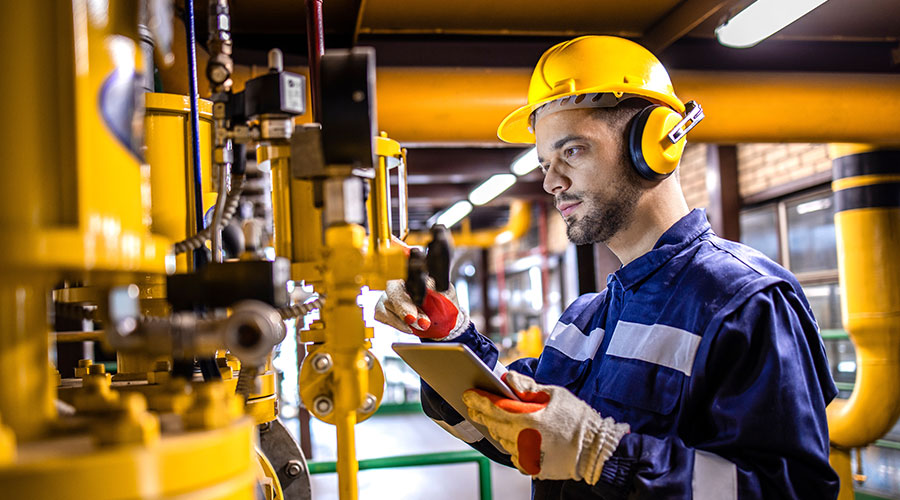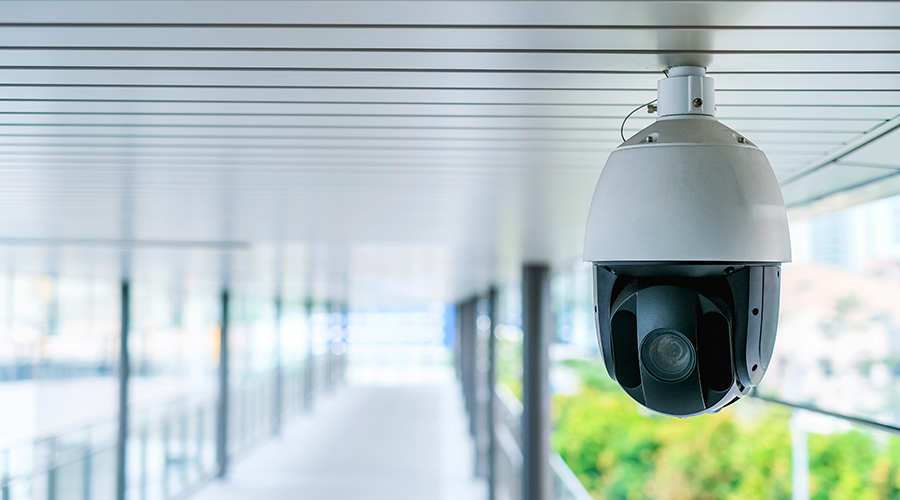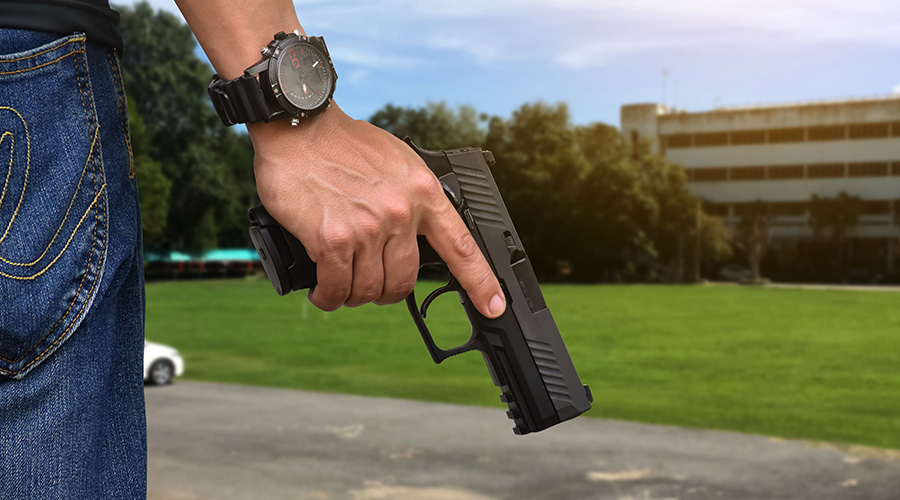Owner Buy-In Critical To Physical Security Upgrades
Even for high-security events, extra money for physical security upgrades is sometimes a hard sell. "Let's say you spend $10,000 to harden the building, and nothing happens," says Stewart. "Does that mean you just wasted $10,000?"
The answer is "of course not" — assuming that the money wasn't spent in a short-sighted way. "Look at how this will benefit overall long-term operations," he says.
That's a notion Nooney agrees with: "Owners must be receptive to spending money on security upgrades," she says. "It's a relatively minor expense, and it's for the long-term betterment of the facility."
Anderson says one of the first things his committee did when the NATO Summit was announced to take place in Chicago was to ask properties to start preparing and putting a little money aside.
Most of that money would be for additional staffing and personnel, he says, but on some of the properties there were specific physical security upgrades, like anti-graffiti coating.
There are several no-cost strategies experts suggest for hardening the physical security of a building as well. For one, says Bulla, "remove any 'weapon of convenience.'" This includes any item around the exterior of the building, including newspaper racks, signs, trash cans (in certain spots, but not all), construction items, benches, mailboxes, planters, etc.
Stewart says he recommends checking the "environmental design" around the facility, meaning that facility managers should trim trees and shrubs, and double check all exterior lighting to make sure it's working. The goal is to ensure high visibility around the facility, he says.
Stewart also suggests securing air handlers and air intakes, and double-checking that the HVAC system can be shut off at a moment's notice, in case someone dumps airborne pathogens into the air intakes.
Check emergency generators and lighting, and utility connections, as well, says Bulla. Make sure magnetic door locks actually lock and the existing access control system is in good working order.
Even with the most hardened security system in the world, the most important thing to remember, according to Stewart, is simply to keep your head during the event. You're the leader, and staff and occupants will be looking to you to maintain control. "It's important to remember that this event is not Armageddon," he says. "Let's start with that viewpoint. This is a great opportunity. Don't sell fear and hysteria."
Related Topics:













